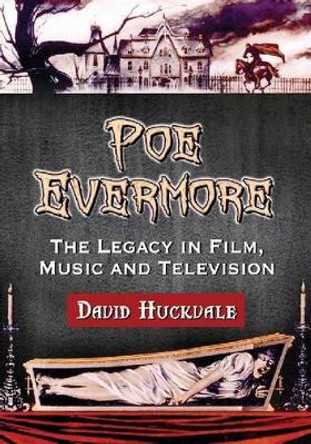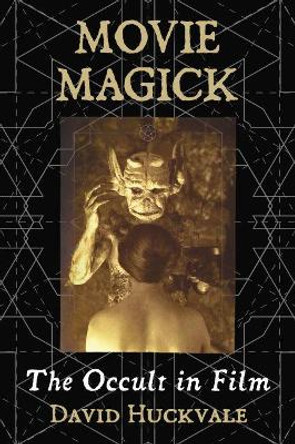Description
Friedrich Nietzsche regarded himself as the most musical philosopher--he played the piano, wrote his own compositions and espoused a philosophy encouraging all to dance for joy. Central to his life and his ideas were the music and personality of Richard Wagner, whom he both loved and loathed at different times of his life. Nietzsche had considerable influence on composers, many of whom employed Wagnerian sonorities to set his words and respond to his ideas. This book explores Nietzsche's relationship with Wagner, the influence of his writings on the music of Strauss, Mahler, Delius, Scriabin, Busoni and others, his place in Thomas Mann's critique of German Romantic music in the novel Doctor Faustus and his impact on 20th-century popular music.
About the Author
David Huckvale has worked as a researcher, writer and presenter for BBC Radio and as a lecturer for various universities in England. He lives in rural Bedfordshire.
Reviews
'Against the background of the familiar thought that Nietzsche's apparent rejection of Wagnerism was never truly an escape from Wagnerism, Huckvale provides useful reminders of the extent to which Germanic culture itself - Strauss and Mahler, Busoni and Schoenberg in music, Thomas Mann in literature - acted out the challenges and possible consequences of that failure to escape.' - Arnold Whittall, The Wagner Journal
Book Information
ISBN 9781476663401
Author David Huckvale
Format Paperback
Page Count 232
Imprint McFarland & Co Inc
Publisher McFarland & Co Inc
Weight(grams) 318g
Dimensions(mm) 229mm * 152mm * 12mm








